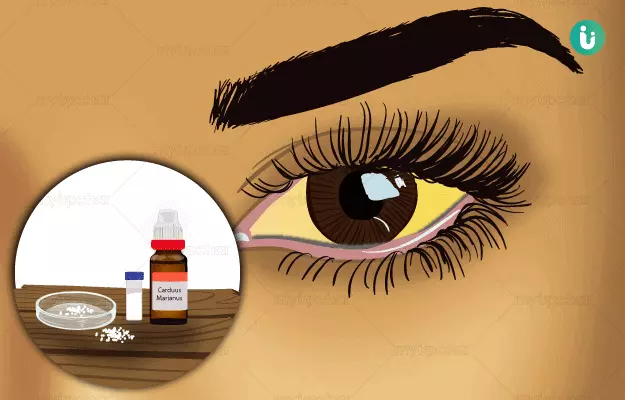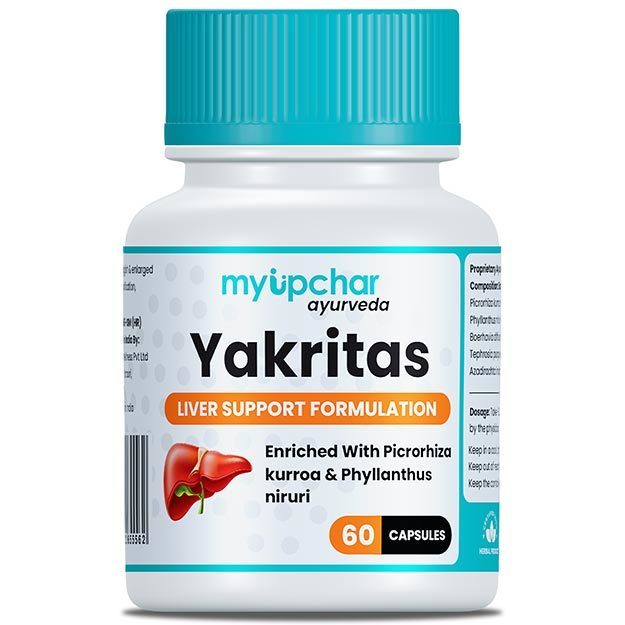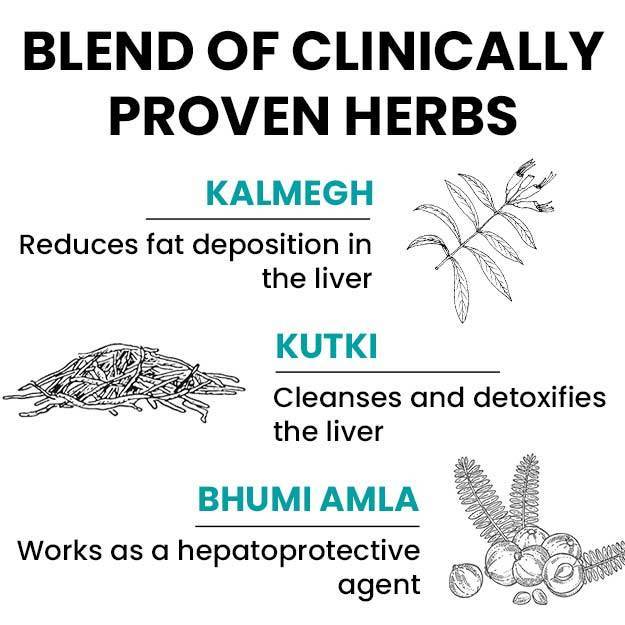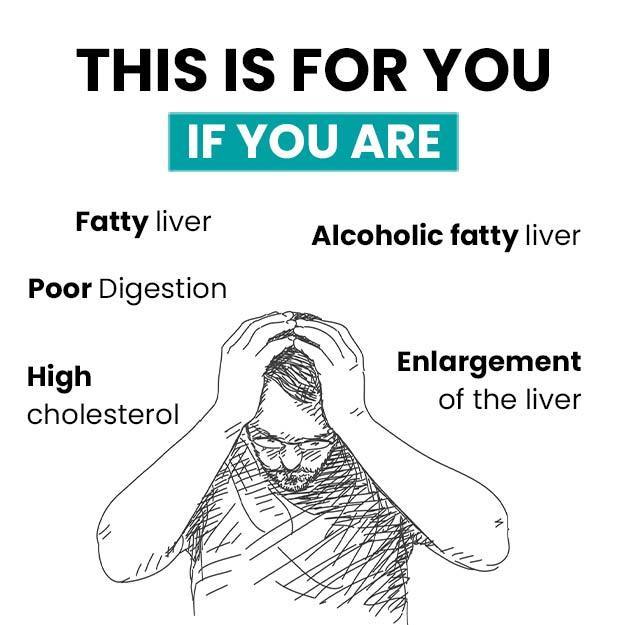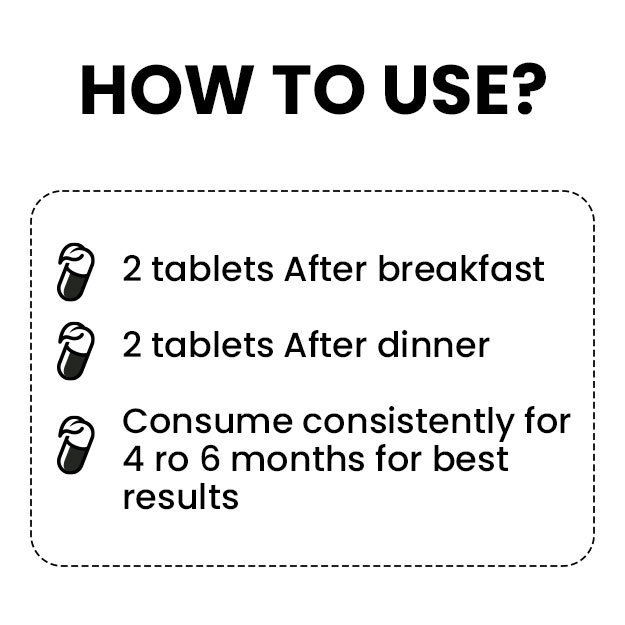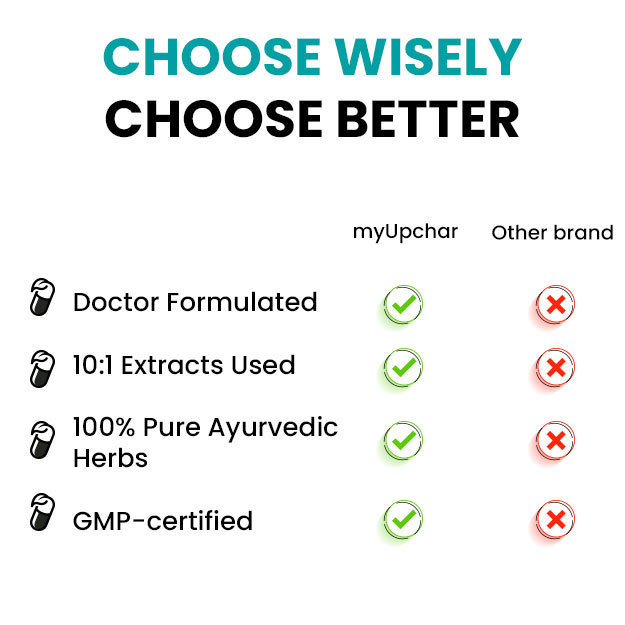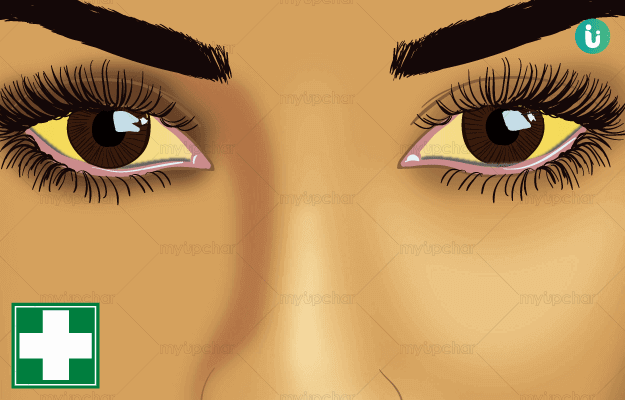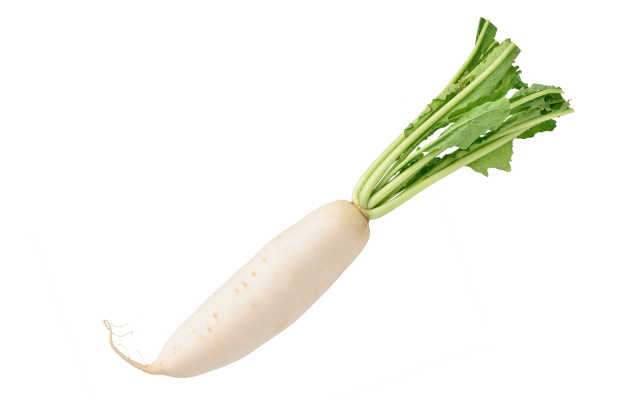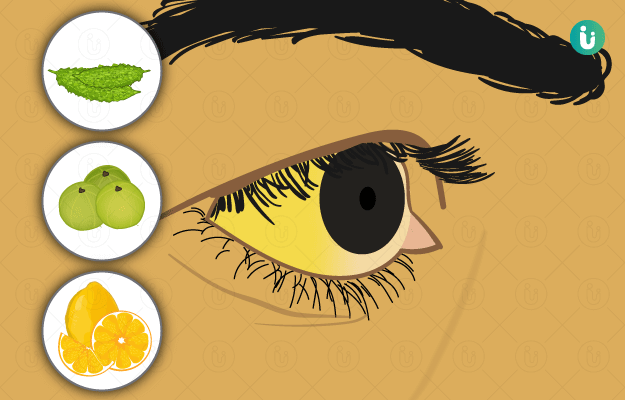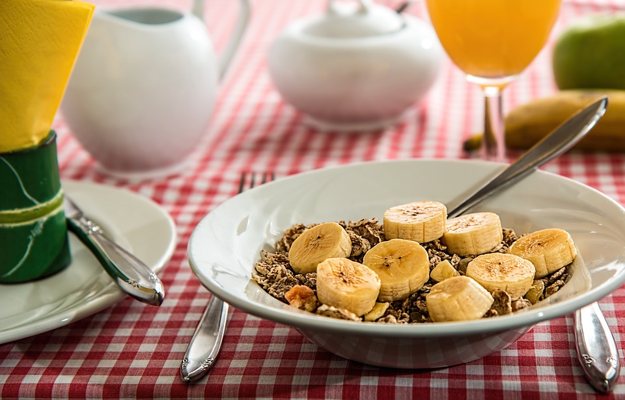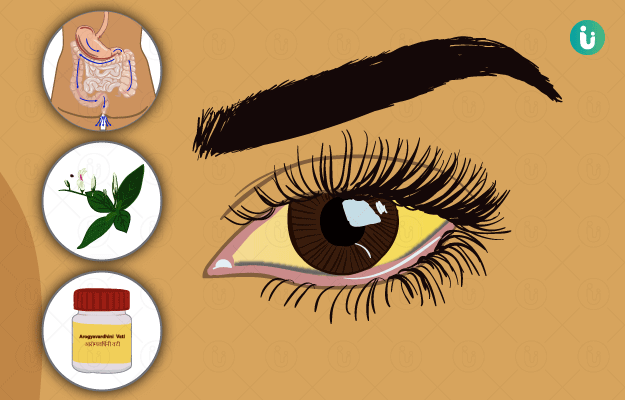Jaundice results from increased levels of bilirubin in the blood, which can be caused by a number of hepato-biliary (liver and the biliary tract) diseases. It is mainly characterised by yellow discolouration of the whites of eyes and skin. Worsening of the underlying condition can worsen jaundice, leading to life-threatening consequences. Several conditions can cause jaundice including hereditary disorders of bilirubin metabolism, liver diseases, liver infections due to hepatitis A, hepatitis B, hepatitis C, hepatitis D, or hepatitis E virus, diseases of the gall bladder, and pancreatic cancer. Along with yellowing of skin, jaundice can present with pallor, dry skin, spoon-shaped nails, and thickening of the skin. Jaundice can be diagnosed through blood tests such as liver function tests (LFTs) or urine test. Homoeopathic remedies, such as chelidonium, carduus marianus, lycopodium, and phosphorus, have been effective in treating jaundice and the underlying condition in several cases. In certain cases, medications like lycopodium have also helped in treating the complications of jaundice such as swelling of liver and abdominal fluid collection (ascites).
- Homoeopathic medicines for jaundice
- Dietary and lifestyle changes for jaundice as per homoeopathy
- How effective are homoeopathic medicines and treatments for jaundice
- Side effects and risks of homoeopathic medicine and treatments for jaundice
- Takeaway
Homoeopathic medicines for jaundice
Following are some of the homoeopathic medicines which are commonly used for treating jaindice:
- Aconitum Napellus
Common Name: Monkshood
Symptoms: Patients who benefit from this remedy show some of the following symptoms along with jaundice:- Constant state of anxiety and fear
- Restlessness, which is both physical and mental.
- Sudden onset of fever with intense thirst.
- Inflammation (swelling and pain) at various sites in the body.
- Anxiety for the future.
- Dryness of the eyes, mouth, and skin.
- Burning sensation in various organs.
- Abdominal pain that is intolerable and makes the patient very restless.
- After the heat stage of fever subsides, there is sweating, which gives relief from all symptoms.
- Symptoms get better in open air.
- Aggravation of symptoms due to external factors such as music and cold draft.
- Arsenicum Album
Common Name: Arsenic Trioxide
Symptoms: This remedy is one of the main choices for any kind of viral infection. However, it is suitable when the patient has the following symptoms:- Marked restlessness.
- Fever which is periodic in nature, occurring at the same time each day.
- Marked exhaustion. A burning sensation, which may be localised or felt all over the body.
- Constant fear of prevailing death and fear of being left alone.
- Stuffed nose with an inability to breathe.
- A sensation of vomiting at the sight or smell of food.
- Intense thirst with an inability to drink more than a few sips of water. Enlargement of liver and spleen.
- Burning pains which improve by heat
- Belladonna
Common Name: Deadly nightshade
Symptoms: This remedy is suitable for all; however, it is most frequently used in children. Belladonna is prescribed when an individual has the following symptoms:- Redness, burning, and throbbing sensation in the body that is mainly felt during the heat stage of fever.
- Convulsions that are followed by nausea and vomiting.
- Irritability and rage so the person feels like escaping from the place.
- Throbbing pain that is felt in various regions of the body. Abdomen feels distended and is painful when touched.
- Passing thin and greenish coloured stools.
- Cutting pain is felt in the abdomen.
- Dryness all over the body.
- A restless sleep.
- Bryonia Alba
Common Name: Wild Hops
Symptoms: This remedy suits short-tempered people who generally have complaints on the right side of the body. Along with jaundice, following symptoms determine the prescription for this remedy:- Tearing pain in the abdominal region.
- Pain which gets better by rest and worsen on movement.
- Dryness in eyes, mouth, lips, and skin
- Irritability
- Severe physical weakness.
- Severe headache.
- Nausea in the morning.
- Stomach is very sensitive to touch.
- Swollen liver with burning type of pain.
- Yellow and pale skin.
- Increased thirst.
- Carduus Marianus
Common Name: St. Mary’s thistle
Symptoms: Marianus is one of the main remedies in homoeopathy which is effective against conditions of the liver and vascular system. Iit is more suited to adults and is especially helpful in case of alcohol abuse, jaundice, swelling and imbalances in sugar metabolism This remedy is prescribed to people who experience the following symptoms:- Soreness and pain all over the body.
- Varicose veins (enlarged veins mainly in legs) and ulcers.
- Bitter taste in the mouth.
- Pain in liver region (right upper abdominal region)
- Constipation- Passing hard and knotty stools.
- Sometimes, stools passed are bright yellow in colour.
- Urine is almost golden yellow in colour.
- Chelidonium Majus
Common Name: Celandine
Symptoms: Chelidonium is a homoeopathic drug used for treating various liver disorders. Chelidonium works as an anti-viral, anti-inflammatory, anti-tumour, and anti-microbial. In a research study conducted on animals with jaundice, chelidonium administration was found to cure jaundice within 10 days. It is given in case the jaundice is caused due to gallstones and blockages in the flow of bile from liver to gall bladder. This remedy is prescribed to individuals who experience the following symptoms:- Continuous pain under the lower tip of the right shoulder blade.
- Skin is jaundiced, that is, yellow in colour.
- Symptoms arise due to change of weather.
- General lethargy.
- Heaviness in head.
- Headache on the right side along with sharp and jabbing pains in the eye, which are all preceded by pain in the liver.
- A feeling of dryness and heat in skin. Skin can sometimes be cold and clammy.
- Symptoms improve on application of local pressure.
- China Offinalis
Common Name: Peruvian bark
Symptoms: This remedy is well- suited for patients who have the following symptoms:- Weakness due to loss of fluids from the body.
- Periodicity of symptoms.
- Sleeplessness due to thoughts and ideas crowding in the mind.
- Blue colour around eyes, yellow discoloration of the whites of the eyes. Appearance of spots before eyes.
- Face also has a sallow complexion and looks dull.
- Vomiting.
- Excessive flatulence. Bloated feeling, which gets better by walking.
- Pain is mostly felt in the right side of the upper abdomen in the liver region.
- One hand is cold and the other is warm.
- Lycopodium Clavatum
Common Name: Club moss
Symptoms: The remedy suits persons who are thin and have a pot belly. They look older than their age and have complaints due to excessive uric acid as well as kidney and digestive disturbances. Most symptoms tend to be localised on the right side of the body. When the following symptoms are present, Lycopodium is indicated:- Skin shows yellowish spots.
- Presence of reddish sediment in urine.
- Pre-senility with horizontal lines on the forehead and premature greying of hair.
- Indigestion, especially after eating heavy, fatty, and fermented food. Sour eructations indicate poor digestion.
- Bloated abdomen. (Read more: Bloating causes)
- Brown colour pigmentation spots are seen on the abdomen.
- Limbs are painful and swollen. Lying on the painful side is very difficult.
- Dry skin with wrinkles.
- Nux Vomica
Common Name: Poison nut
Symptoms: Persons who benefit from this remedy have a history of overuse of quinine, are irritable and get angry easily and they have a sedentary life. This remedy helps counteract the chronic effects of conventional medicine drugs. Some of the following symptoms, along with jaundice, are seen in persons who benefit from this remedy:- Headache on being exposed to the sun.
- Stuffed nose in cold weathers.
- Heaviness, and a feeling of weight in the stomach. The person may feel nauseated right after a meal.
- Flatulence.
- Liver feels congested along with soreness and stitching pain.
- Constipation and a feeling of incomplete bowel emptying.
- Phosphorus
Common Name: Phosphorus
Symptoms: This remedy is suitable for tall and slender individuals who tend to have sudden onset of symptoms. Patients who benefit from this remedy have some of the following symptoms, along with, jaundice.- Inflammation.
- Yellowness in skin due to hepatitis, viral infection.
- Tongue is dry, red, and smooth.
- Anaemia.
- Feels thirsty but wants cold water.
- Feels hungry immediately after eating.
- Liver region is congested and painful.
- Acute viral liver infection.
Dietary and lifestyle changes for jaundice as per homoeopathy
Do’s
- Take a healthy and nutritious diet. (Read more: Balanced diet chart)
- In acute conditions, patients should be given what they want to eat or drink as those things will at least provide them temporary relief.
- Some exercises and walking in open air can help to keep the mind relaxed.
Don’ts
- Do not keep homeopathic medicines near other medicinal or strong-smelling substances like perfumes since such substances may affect the potency of medicines.
- Avoid consumption of substances that have medicinal properties such as coffee, herbal teas, and spiced foods, as they react with the minimal doses of homoeopathy.
- Any strain, mental or physical should be avoided, as they can cause hindrance to the treatment.
How effective are homoeopathic medicines and treatments for jaundice
Jaundice can be caused due to an acute condition, such as a viral infection, or it can arise due to a long term chronic condition such as liver failure and cirrhosis. Homoeopathic remedies work on the underlying miasms and help to remove the chronic diseases that lead to jaundice. Conditions causing jaundice mostly come under the psora miasm, hence, anti psoric remedies can be helpful in treating recurrent liver disease. While remedies like thuja work as antiviral, chelidonium and carduus marianus directly act on the liver and promote liver function. Belladonna is used as first-line of homoeopathic treatment in case of inflammation and pain and lycopodium alleviates oedema (swelling due to excess fluid accumulation in tissues).
In certain research studies, where conventional methods have shown limitations, homoeopathic medicines like phosphorus and sepia have cured long-standing jaundice, as well as, liver pathologies (diseases). In most cases, liver damage results from inflammation caused by certain infective agents, which can lead to hepatitis (liver infection) or liver abscess (pus-filled collection within liver). In such cases, remedies like phosphorus and medorrhinum (based on the underlying miasm) help to treat the underlying diseases. Homoeopathy recognises the underlying ailment and based on the signs and symptoms of the patient, a prescription is formed. In addition, homoeopathic medicines are free from side-effects and other risks that are generally associated with conventional medicine.
Side effects and risks of homoeopathic medicine and treatments for jaundice
There have been no documented side effects of homoeopathy in the treatment of jaundice. It is essentially a safe therapy since it uses nano doses of natural substances to make the dilutions that are used for treatment.
Takeaway
Jaundice is a disorder that arises due to a problem in bilirubin metabolism which is mainly caused due to disturbances in liver functions. Homoeopathy has a wide range of medicines that can treat the underlying conditions of jaundice and prevent complications. However, one should not take homoeopathic remedies without proper consultation from a qualified doctor.
Find Homeopathic Doctor in cities
Doctors for Homeopathic medicine, treatment and remedies for Jaundice

Dr. Rutvik Nakrani
Homeopathy
6 Years of Experience

Dr. Jyothi
Homeopathy
23 Years of Experience

Dr. Urvashi Chaudhary
Homeopathy
8 Years of Experience

Dr. Anita Kumari
Homeopathy
12 Years of Experience
References
- A Riyaz. Approach To jaundice (CME). Indian Journal of Dermatology, Venereology, and Leprology. Year :1997, Volume:63, Page : 288-295
- Barbara Sarter, Prasanta Banerji, Pratip Banerji. Successful Treatment of Chronic Viral Hepatitis With High-dilution Medicine. U.S. National Library of Medicine, PMID: 24278798
- Ghosh AK.Hahnemann’s Theory of Psora in the Light of Modern Science. Alternative & Integrative Medicine March 07, 2015.
- British Homeopathic Association: [internet]. London. Liver problems.
- Gurudas Sarker. Treatment guide for homeopathic medicine. Office of the Director of Homeo and traditional Medicine DGHS; April 2006
- William Boericke. Homoeopathic Materia Medica. Kessinger Publishing: Médi-T 1999, Volume 1
- Surjyo Jyoti Biswas1, Anisur Rahman Khuda-Bukhsh, U.S. National Library of Medicine PMID: 11943072
- Manzoor, et al. Use of Chellidonium for the Treatment of Icterus in Cats. International Journal of Molecular Veterinary Research, 2012, Vol.2
- Wenda Brewster O’Reilly. Organon of the Medical art by Wenda Brewster O’Reilly. B jain Publishers New Delhi; [internet]

